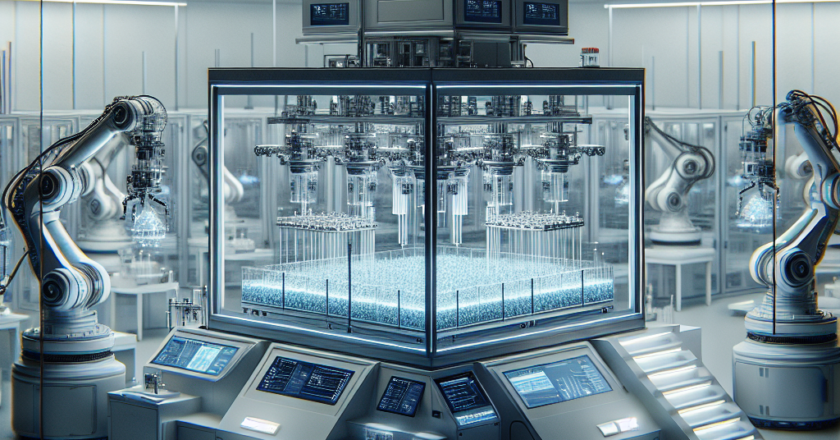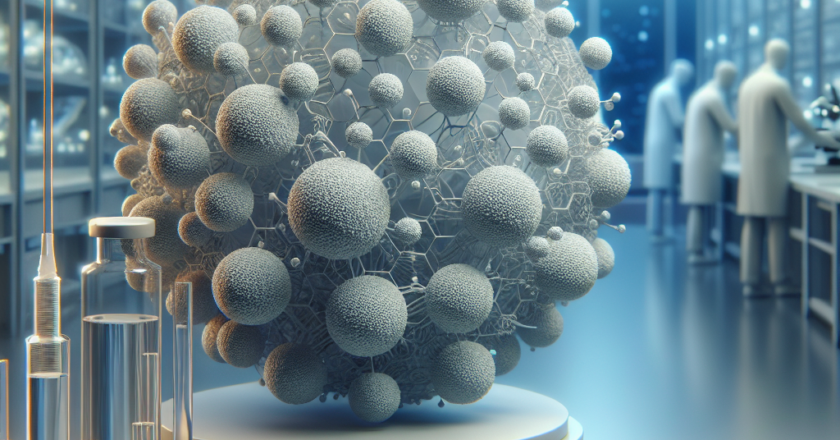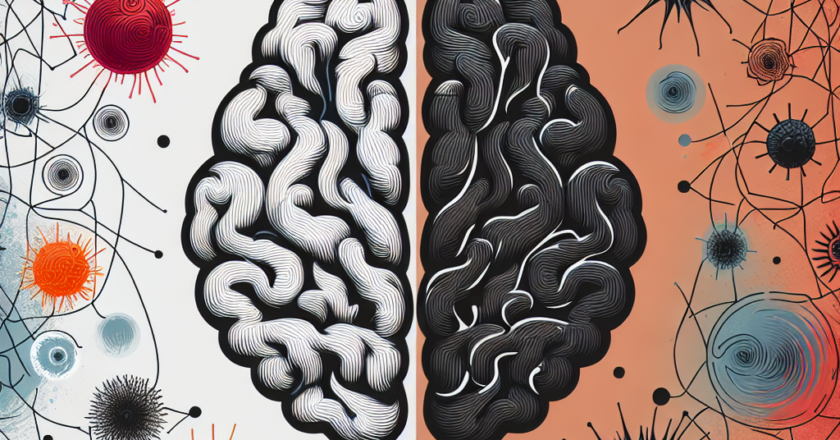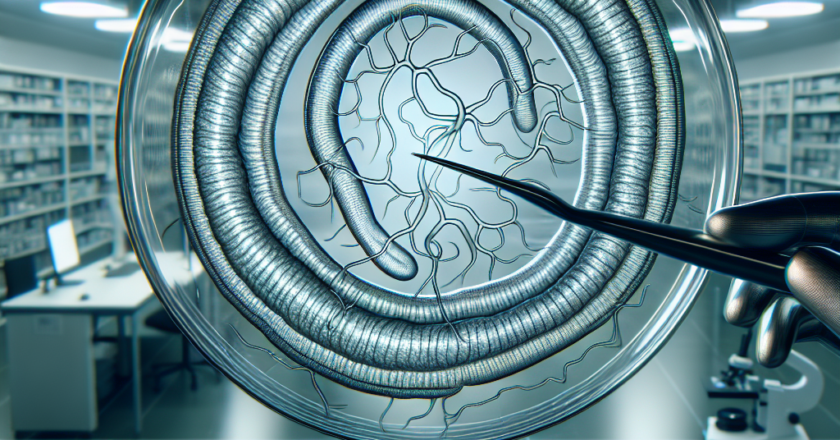Maternal X Chromosomes and Cognitive Decline in Aging Female Mice: Key Findings & Implications
Summary of "Maternal X Chromosomes Impair Cognition in Aging Female Mice"
Main Points:
- Preclinical research showed that female mice with only a maternal X chromosome experienced faster deterioration in memory and cognitive skills as they aged.
- Female mice with both maternal and paternal X chromosomes displayed better memory and cognitive function preservation as they grew older.
- This study sheds light on the impact of specific genetic factors on cognitive decline in aging female mice.
Author's Take:
The study unveils the significant role of X chromosome expression in cognitive decline in female mice, underlining the intricate genetic mechanisms at play in age-related cognitive impairments. Understanding these underlying genetic factors could pave the way for potential interventions...










